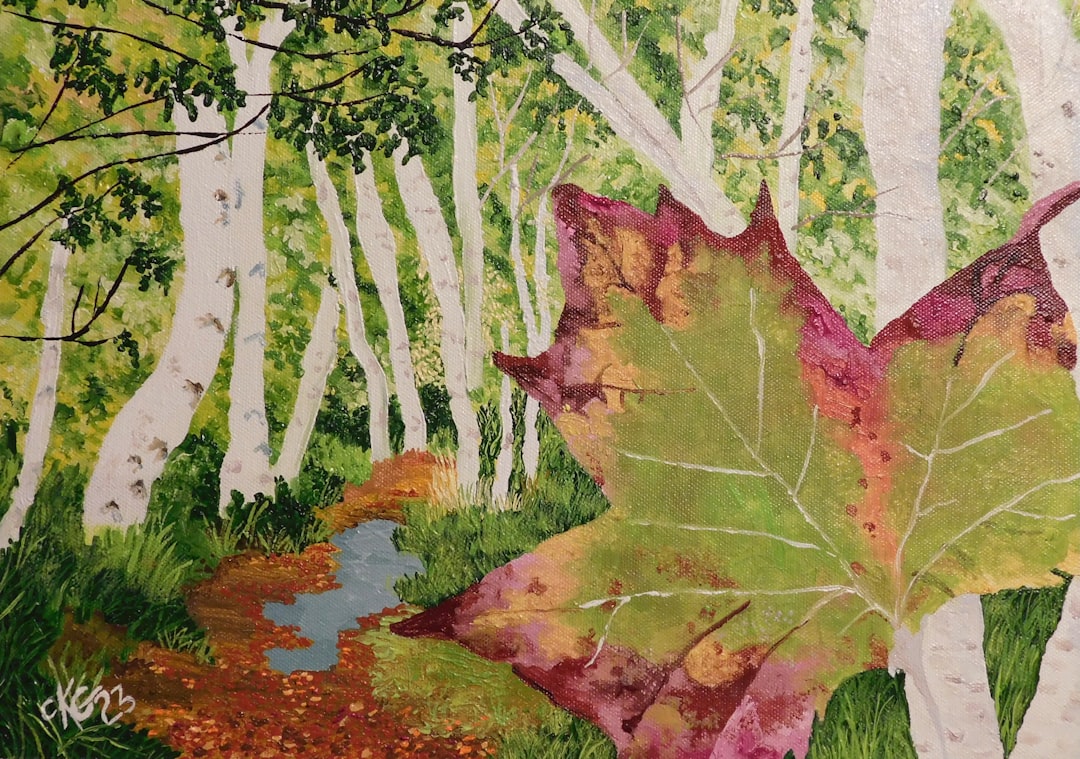Thriving Earth Exchange
Learn what can happen when communities connect with scientists to solve hyper-local environmental issues.
Photo by Catherine Kay Greenup on Unsplash
“When one tugs at a single thing in nature, he finds it attached to the rest of the world” – John Muir
All this year, I’ve experimented with community science projects large and small. I’ve tested the contaminated creek water and captured the common bumble bee while continually celebrating the work of environmental professionals. In my research, I’ve “gone” all over the world. This summer in my reading, I happened upon the global efforts of the organization, Thriving Earth Exchange, where I had a light bulb moment that introduced a fresh understanding of community science. At Thriving Earth Exchange environmental progress happens like this: a community group + professional scientist(s) = scaled up community science to tackle hyper-local environmental needs.
Since 2019, Thriving Earth Exchange has launched 250 projects in more than 15 countries, with some 17 million people impacted by these projects. The Exchange’s largest project helped a food distribution center that serves over 8 million people become more flood resilient, while one of its smallest projects helped to clean up a polluted pond in a town of 4,000. Thriving Earth Exchange scientists are volunteers for communities in all projects.
Here are the highlights of three projects from my home state of Georgia:
RiskAware: Visualizing the environmental health risks near and in Adel, Ga. Some residents in this south Georgia town had concerns about air quality after a number of polluting industries were built, or proposed to be built, near a predominately Black side of town. In 2022, the Adel community began working with Thriving Earth Exchange to create an interactive visualization tool to demonstrate the impacts from existing pollutants for Adel and to provide an estimate on the air quality after a new wood pellet plant begins operation. Ongoing.
Building Trust in Reidsville, Ga. Through Residential Green Infrastructure. The Reidsville community worked with Thriving Earth Exchange on the problem of residential flooding. Some results from this effort were to help residents understand their flood risks, to create a map that outlines areas at risk for flooding, and to help residents better understand the potential for green infrastructure. Mostly complete.
Standardizing Greenhouse Gas Outputs for Decision-Making, Atlanta. Emory University students collaborated on this project with the City of Atlanta and Thriving Earth Exchange. The goal was to develop a comprehensive written report on Atlanta’s greenhouse gas inventories that would provide an analysis of the data to be used to support policy decisions to reduce greenhouse gas (GHG) emissions. Additionally, the data is used to provide public updates on efforts to achieve emissions reductions targets. Complete.
I’ll share more about Thriving Earth Exchange soon since I’ve been homing in on the Adel, Ga. story mentioned above. If you’re curious now, go ahead and review some news accounts about environmental injustice in the area of Adel:
Proposed Georgia wood pellet mill at center of environmental fight, or
Local group opposes permit for ‘world’s largest wood pellet plant’ planned for Adel.
Connections and protections.
Earth.
So connected, so networked, even though we humans try to act like we are not. The John Muir quote at the top of the page speaks to this idea and is worth rumination:
“When one tugs at a single thing in nature, he finds it connected to the rest of the world.”
I’m in Australia now and find myself thinking a lot about water here in the Down Under. That’s probably because I’ve been bobbing along over this famous natural reef they have here, a place that will break your heart with its unforgettable watery show of sea life. Soon, I’ll write more about community science efforts here at the Great Barrier Reef. Certainly, I’m totally convinced this area needs conservation, but no more than water everywhere needs our protection and attention.
To that point, if you live around Atlanta and would like to participate in some group community science activities, here are three sponsored by the Chattahoochee Riverkeepers. No matter where you live in the U.S., you can likely do an internet search and find similar conservancy projects related to water.
CRK Headwaters River Rendezvous. Conduct water sampling, track pollution around Lake Lanier. Nov. 4.
CRK Southside River Rendezvous. Explore Atlanta’s three rivers – the Chattahoochee, the Flint, and the South River. You’ll discover some of the Southside’s hidden freshwater features, learn how to collect water samples and watch scientists perform water quality testing. Nov. 11.
CRK Westside River Rendezvous. Help track pollution in the waterways of historic west Atlanta while learning about the Westside’s Proctor, Utoy, and and Sandy Creeks. Nov. 18.



